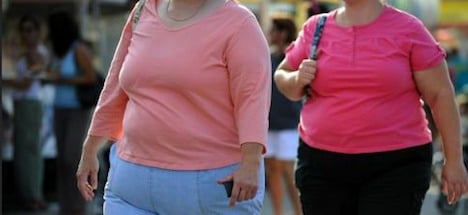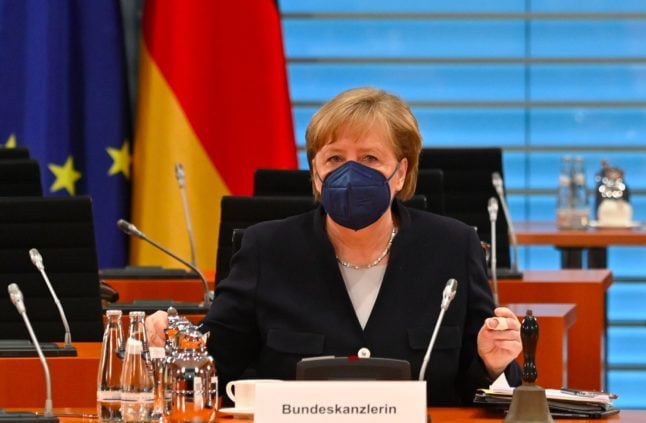The UN health agency had previously issued guidelines that sugars should make up less than ten percent of a person's total daily energy intake, but in a new twist urged countries to strive for half that.
Setting the bar at five percent would mean people should consume no more than 25 grammes, or the equivalent of six teaspoons of sugar a day — less than the ten teaspoons in your average can of soda.
Health-hazardous free sugars, in the form of table sugar, fructose or glucose for instance, are added to foods and drinks by manufacturers, cooks and consumers themselves, and are naturally present in substances like honey and fruit juices.
The guidelines do not refer to sugars in fresh fruits, vegetables and milk, since there is no evidence they are harmful, WHO said.
The UN agency pointed out that much of the so-called free sugars we consume today are "hidden" in processed foods that are not usually seen as sweet, like ketchup, which contains a full teaspoon of the sugar in each tablespoon.
WHO has for more than a decade recommended keeping sugar consumption below ten percent of a person's total daily energy intake — a target it considers clearly supported by scientific evidence which countries should adopt as policy.
But the UN health agency decided to halve the previous recommended level following a year of discussions among WHO member states.
The five-percent recommendation however remains "conditional", WHO said, since too few epidemiological studies have been carried out in populations with such low sugar intake to allow a clear comparison.
OBESITY
WHO catches on to ketchup’s ‘hidden sugar’
The World Health Organization on Wednesday urged a dramatic drop in the consumption of sugar, "hidden" in everything from sodas and ketchup, as it steps up the fight against obesity.
Published: 4 March 2015 16:06 CET

Photo: AFP
Url copied to clipboard!


 Please whitelist us to continue reading.
Please whitelist us to continue reading.
Member comments